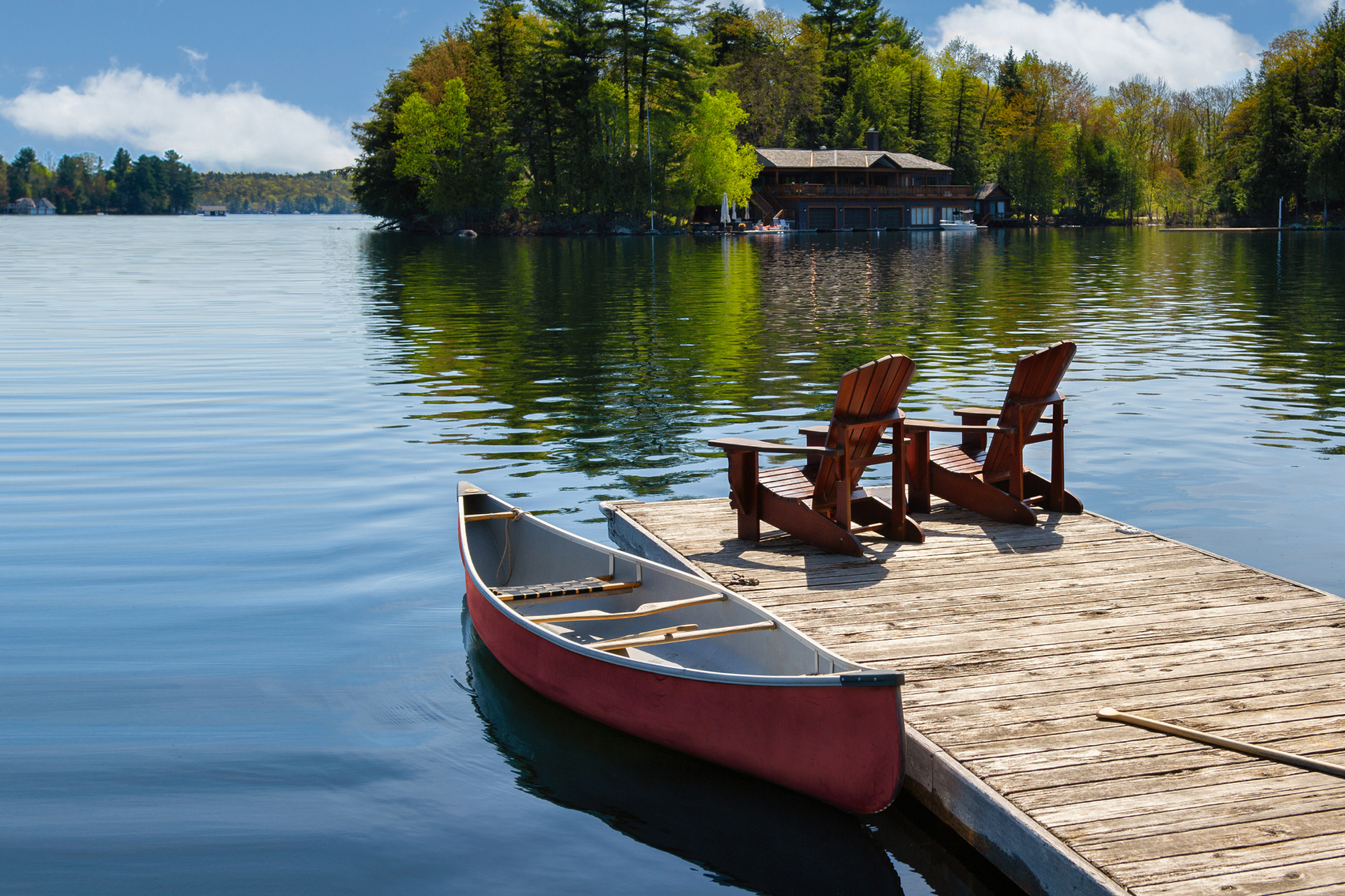Nature Vacations

The origin of the word “vacation” comes from the Latin word vacare, which means “to be empty or free.” Some vacations that I have taken are consistent with this root word. When I travelled to the Everglades to camp on a deserted island, I certainly felt free of work obligations and the trappings of technology and city dwelling. I felt that same way when I travelled deep into the Boundary Waters Canoe Area in Canada for a fishing trip. In contrast, I did not feel empty or free when I vacationed at Disney World with my kids.
I was fortunate to grow up in a family that prioritized nature, usually water, when we vacationed. I spent most of my summer vacations and spring breaks on the shores of Lake Michigan or the beaches in Florida. I entertained myself fishing or hunting for shells and sharks’ teeth. I always came back from those vacations rejuvenated. It’s the same for me today. I still have a preference for nature-centered vacations. Recent research indicates that I am not alone in this preference. There is some compelling data that might inspire you to prioritize nature in your summer plans.
A study titled “How Nature Nurtures: Amygdala Activity Decreases as the Result of a One-Hour Walk in Nature" used brain imaging to examine the effects of nature on the amygdala, a part of the brain associated with stress and fear. The researchers discovered that a one-hour walk in a natural environment led to decreased activity in the amygdala, suggesting that exposure to nature can reduce stress and promote relaxation. Other studies have shown that being by the water brings the greatest degree of relaxation. In one study, researchers found that viewing water lowered blood pressure more effectively than viewing other forms of nature. A growing body of research shows that looking at the water, being in the water, and living by the water can benefit a person’s physical and mental health. Wallace Nicholls wrote a book titled “Blue Mind” in which he showed how being near, in, on, or under water can make you happier and healthier.
Not everyone enjoys the water, though. Some people are anxious in or around the water. If you are one of those people, don’t worry. Any form of nature can have recovery benefits. Remember, the purpose of a vacation is to empty ourselves—to unplug from the stress of our jobs and the pressures of responsibilities. If we want to be productive and effective lawyers, we must take time to rest and recharge. Think about what that looks like for you. It might be sitting on the side of a mountain or beside a stream. Maybe it’s camping in the woods or sitting on the deck of a beach house. Whatever it is, find that thing that brings you serenity and do that.




